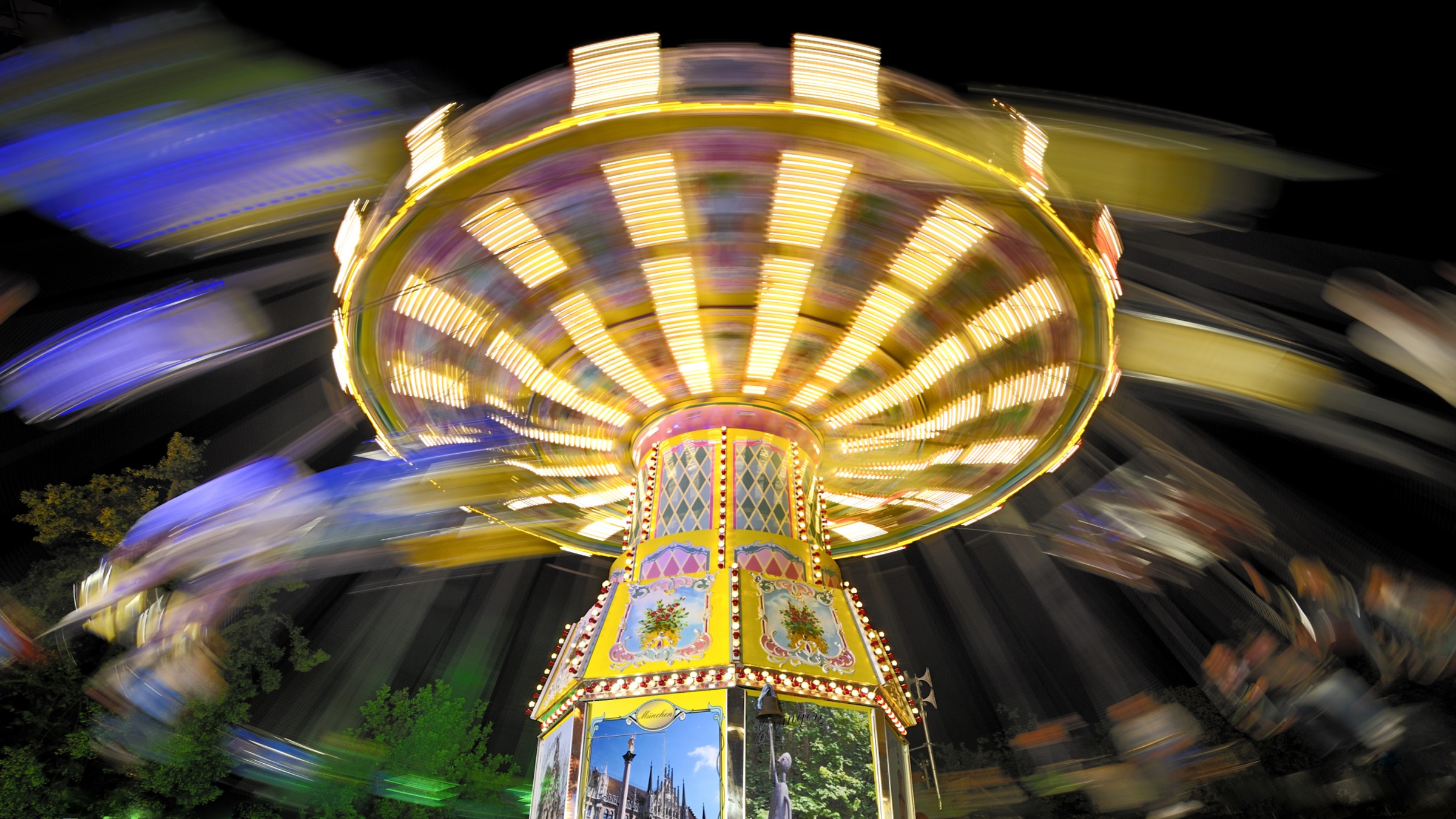Fast-spinning ride at county fair triggers stroke in a young woman in unusual case
Only 20 cases of stroke caused by being on an amusement park ride have been reported worldwide.
Get the world’s most fascinating discoveries delivered straight to your inbox.
You are now subscribed
Your newsletter sign-up was successful
Want to add more newsletters?

Delivered Daily
Daily Newsletter
Sign up for the latest discoveries, groundbreaking research and fascinating breakthroughs that impact you and the wider world direct to your inbox.

Once a week
Life's Little Mysteries
Feed your curiosity with an exclusive mystery every week, solved with science and delivered direct to your inbox before it's seen anywhere else.

Once a week
How It Works
Sign up to our free science & technology newsletter for your weekly fix of fascinating articles, quick quizzes, amazing images, and more

Delivered daily
Space.com Newsletter
Breaking space news, the latest updates on rocket launches, skywatching events and more!

Once a month
Watch This Space
Sign up to our monthly entertainment newsletter to keep up with all our coverage of the latest sci-fi and space movies, tv shows, games and books.

Once a week
Night Sky This Week
Discover this week's must-see night sky events, moon phases, and stunning astrophotos. Sign up for our skywatching newsletter and explore the universe with us!
Join the club
Get full access to premium articles, exclusive features and a growing list of member rewards.
A trip to a local county fair ended with a young woman developing a stroke and being rushed to the hospital after going on a new ride.
Halfway through the ride, which swings fairgoers rapidly in circles, the 37-year-old woman started to develop a headache and lost coordination of the muscles on the right side of her body. She also started to walk clumsily, due to the loss of muscle control.
Her husband immediately rushed her to the emergency department, where she was diagnosed with vertigo — a condition in which problems with the inner ear or part of the brain cause dizziness — and sent home with a prescription for anti-nausea drugs. However, two days later her symptoms persisted and she was taken back to hospital.
Doctors involved in the case, published Aug. 26 in the journal Cureus, found that her heart rate and breathing rate had soared, and her blood pressure, which was already historically high, was also extremely elevated. They took a computed tomography (CT) scan of her brain that revealed that she had an area of dead tissue near an artery that supplies the right side of the cerebellum, part of the brain that regulates muscle movements and controls balance. This suggested that she'd had a stroke.
Related:Artificial sweetener may increase risk of heart attack and stroke, study finds
Strokes are the fifth leading cause of death in the U.S. and occur when blood flow to the brain is interrupted, depriving tissues of oxygen and causing them to die. Risk factors include having high blood pressure, obesity, smoking and having an inactive lifestyle. In this case, the woman had a 10-year history of smoking a pack of cigarettes a day, and she had untreated high blood pressure.
Doctors couldn't find the exact source of the woman's stroke, although they suspected it was caused by an embolism, in which an artery is blocked by a blood clot that traveled from another part of the body. They prescribed her medications to control her post-stroke headaches and reduce her risk of developing heart disease, and her status was tracked through physical therapy follow-up appointments.
Get the world’s most fascinating discoveries delivered straight to your inbox.
Over the next month, the woman didn't report any new symptoms of stroke and said she'd quit smoking. However, her coordination had worsened. A magnetic resonance imaging (MRI) scan of her brain showed no evidence of another stroke, but six months later, a scan of her head and neck revealed a bulge in the wall of an artery that supplies the right side of her cerebellum. The artery hadn't yet ruptured, but needed to be closely monitored, doctors concluded.
Based on previous cases of people having strokes on rollercoasters and other amusement park rides, the report authors suggest that hyperextension of the neck and tearing of blood vessels may lead to ride-induced strokes. Rides commonly display health warnings, for example, for people with high blood pressure, certain heart conditions and those who are pregnant. However, it is rare to see signs highlighting potential neurological risks, they wrote.
"Healthcare providers need to be vigilant in identifying and managing these cases, and further research on specific risk factors in young individuals is crucial to improving prevention and safety measures in amusement park settings," they concluded.

Emily is a health news writer based in London, United Kingdom. She holds a bachelor's degree in biology from Durham University and a master's degree in clinical and therapeutic neuroscience from Oxford University. She has worked in science communication, medical writing and as a local news reporter while undertaking NCTJ journalism training with News Associates. In 2018, she was named one of MHP Communications' 30 journalists to watch under 30.
 Live Science Plus
Live Science Plus











